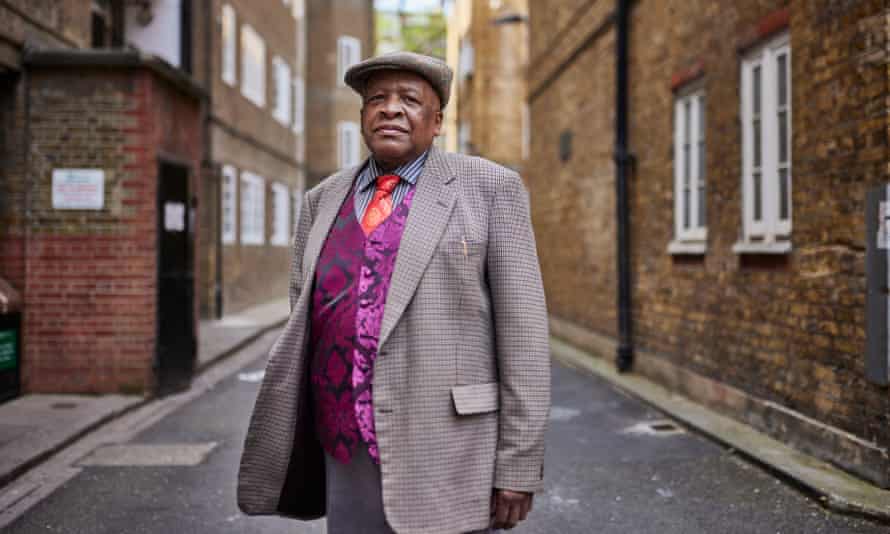Airbnb has just announced the biggest change to its site in a decade. The online accommodation market has redesigned its site to move away from ‘archaic’ ways of booking by encouraging visitors to focus on the type of accommodation they want to stay in rather than the destination. Now the home page features labeled icons connecting you to barns, mansions, treehouses, domes, and even islands. It also introduced “split stays” to make it easier to split your time between two locations.
I just got back from Italy, where I used my usual Airbnb, and I hope this change – partly Airbnb’s response to over-tourism in some places and the site’s role in cost inflation local rents – will be helpful. It’s always been a hard pill to swallow whether my stays in New York or Paris somehow helped drive up the rents for the premises. And yet, Airbnb has become an integral part of how I and many others travel. Frankly, I can’t go back to resorts and hotels so I’m crossing my fingers. It’s only been so long since I can compromise my ethics to feed my fascination with seeing what other people’s homes look like.
Tome of Truths
Like a regular Observer book review, I can finish a book in a few days if need be, but lately I’ve had a hard time starting anything that wasn’t for work. I can’t afford to sink into a story without being wowed by a meme or joke in my WhatsApp group chats.
Like many people, I started reading a lot more during the pandemic. A quarter of UK adults kept their reading habits on lockdown even after restrictions were eased, according to a new survey, but not me. I find it hard to stay afloat in a sea of unread books – yet I can’t help but buy some. The ratio of books I read to books I buy is easily one to five.
Still, I try not to feel too guilty. I’ve come to accept that disciplined reading is a seasonal thing. When I worked in a gallery as a supervisor in my early twenties, I skimmed through short story collections with a ferocity during my shifts. When I started a book club with friends, feminist texts were my food. I also went months without touching a single book.
I put it all down to socializing too much and the fact that the past few months have been stellar for celebrity scandals. I know the fire in me to finish a novel or memoir will come back, if only to smugly share my list of “favorite books I read in 2022” on social media at the end of the year. . What’s the point of reading if it’s not to feel better than everyone else?
Criminalizing Pleasure

It was frustrating to read the story of the West Indian domino players in London’s Maida Hill Market Square who were summoned to court by Westminster City Council and accused of being too loud. It was heartbreaking to hear the story of Ernest Theophile, a 73-year-old man interviewed by the Guardiantalking about how important the place is to him and how he and others are threatened with jail if caught “playing loud, amplified music, drinking alcohol, shouting and swear”.
It’s hard not to see all of this as being anti-black. (Whatever the reason, on Friday the Central London County Court ruled the council’s decision “flawed” and “untenable.”) Remember that in 2015 a group of black women were kicked out of a Napa Valley Wine Train tour after saying they were laughing too loudly? Different environment, same feelings.
Personally, I think those gatherings, the noise and all, is what community is. To criminalize gatherings, laughter and entertainment is to erode the very culture that makes London London.

